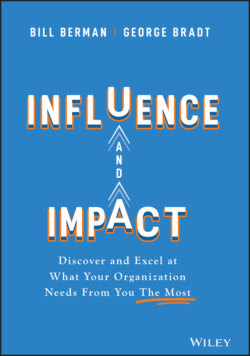Читать книгу Influence and Impact - George B. Bradt - Страница 19
Whom We Tend to Blame—And Why It Doesn't Work
ОглавлениеIt is human nature to want to blame other people for the problems in which we find ourselves.v Our sense of self tells us we are right, and that problems arise because others have misunderstood our intent, or because they are unfair or have ulterior motives. Some people blame themselves, but the majority maintain personal equilibrium by externalizing problems, even though that may not lead to the best solution.
Linda had been brought in by the president of a small company, Akito, as his head of HR. In reality, he really wanted Linda to handle many tactical and operational issues that he, as CEO, did not want to deal with. She sat in on meetings and frequently provided direction to other team leaders, even though she had no involvement in their work. If anyone challenged her, she pushed back by drawing on the CEO's authority. “Akito made it clear to me that he expects this from you.”
The team was clearly unhappy with her ambiguous role, and developed a noticeable passivity toward her directives. I (Bill) was brought in by Akito to help Linda be more effective, but when I tried to help her find ways to give direction, through influence or from her own authority, she rejected the idea that she should do anything different. “They just resent my relationship with Akito. If they don't improve, we may have to find other people who will listen.”
